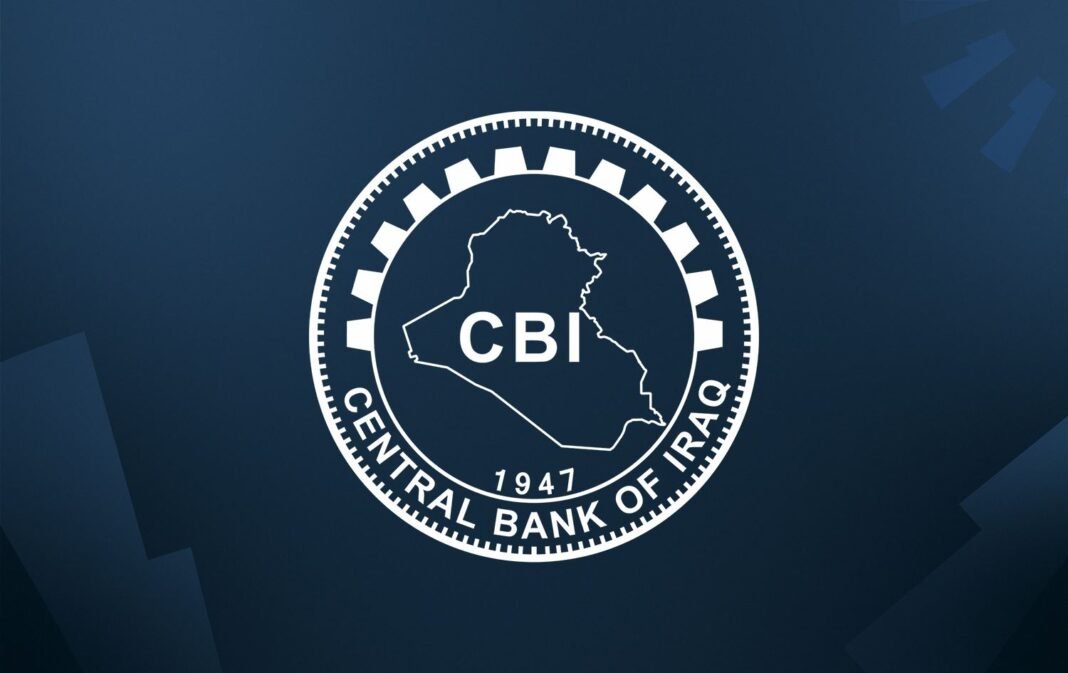Iraq financial reforms gained major recognition this week as the International Monetary Fund (IMF) praised the Central Bank of Iraq.As well as the IMF highlighted key improvements in foreign trade finance and currency transparency.
The Central Bank recently ended its reliance on the daily dollar auction. So Instead, banks now process trade finance through correspondent banking systems. This major step increased international confidence in Iraq’s banking system.
Iraq financial reforms also included stronger oversight on foreign exchange transactions. As well as the Central Bank began demanding real import invoices from traders. This measure helped reduce fraud and boosted credibility across the financial sector.
In addition, the Central Bank introduced short-term debt tools to manage excess liquidity. In addition these tools allowed better control of inflation and ensured more efficient cash flow within the banking system.
The IMF welcomed these actions and called them essential for Iraq’s financial stability. As well as experts from the fund noted that Iraq financial reforms narrowed the gap between official and parallel exchange rates.
Banks now follow global standards like OFAC compliance. This brings Iraq’s financial system closer to international norms and limits illegal currency speculation.
The Central Bank’s new policies gained attention for boosting market confidence. By focusing on verified trade and stronger banking links, Iraq hopes to attract foreign investment.
Government officials credit the reforms for increasing economic stability. They believe Iraq can build on this momentum to further modernize its financial infrastructure.
The IMF’s approval provides a strong signal to international investors. It shows Iraq remains committed to improving transparency and financial integrity.
Banks across Iraq responded positively to the changes. They now work more closely with global institutions and handle foreign transactions more smoothly.
Economic analysts expect the reforms to reduce reliance on informal currency markets. With better regulation and stronger bank procedures, the country could see long-term benefits.
Looking ahead, Iraq plans to continue its reform program. Officials aim to expand banking access, improve digital services, and further align with international practices.
These reforms mark a shift toward a more open and efficient financial system. As Iraq financial reforms move forward, stronger economic outcomes may follow.


